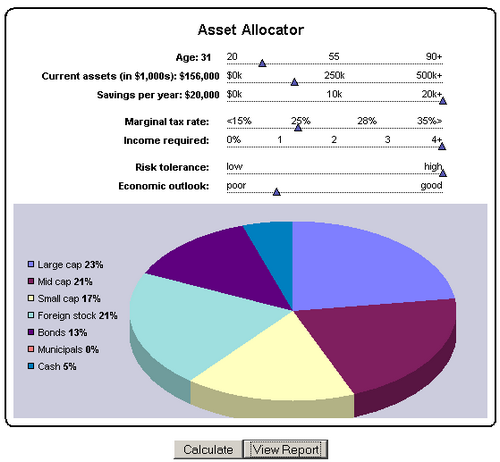Investment trusts versus unit trusts
Post on: 16 Март, 2015 No Comment

Both investment trusts and unit trusts can be a great way for investors to access a broad basket of shares at low cost. As collective investment vehicles they pool your money with contributions from your fellow investors and a fund manager buys and sells shares on your behalf.
This collective approach is beneficial in many ways. For starters you have an expert managing the money on your behalf making those crucial calls on what to buy and when to sell. Then there is the diversity and economies of scale it provides it would require huge sums to build a portfolio of that breadth independently, and be costly to manage.
But the two types of investment vehicle should not be confused they are both structured differently and which will suit you best will depend on your strategy and attitude to risk.
The key difference between the two is that unit trusts are open-ended and investment trusts are closed ended.
When a fund is open-ended there is no limit to the number of units available as more people invest, more units are created.
By contrast, in a closed-ended investment trust there will only ever be a finite number of shares available, which means their price isn’t just determined by their value (known as the net asset value or NAV), it is affected by supply and demand too.
If shares in the trust are in high demand, the shares will trade at a price in excess of the NAV — this is said to be trading at a premium. If the shares are not in such great demand they will trade at a price below the NAV, in which case they are said to be trading at a discount.
Another important difference is that investment trusts are companies in their own right. This means they are not bound by the same investment rules as unit trusts, giving fund managers much more flexibility.
Reliable income streams
For example, fund managers on investment trusts are able to gear — that is they are able to borrow to invest. They are also able to smooth out returns for investors by holding back up to 15% of their income in good years to bolster returns in the bad. As a result investment trusts have a fantastic track record for increasing dividend payments year after year. This can be a major boon for investors who are reliant on the income stream their trust generates.
According to the Association of Investment Companies, 12 trusts have increased dividends for more than 30 consecutive years, while the City of London Investment Trust (in the UK Equity Income sector) has increased payouts for an impressive 47 years and Alliance Trust (in the Global sector) has achieved that same feat for some 46 years.
Do investment trusts or unit trusts perform better?
This added flexibility certainly seems to provide investment trusts with the edge when it comes to returns. While there will always be exceptions, investment trusts do generally perform better than unit trusts.
Data from the AIC shows that over 10 years 100 invested in the typical investment trust would be worth 282.79, but the same figure invested in a unit trust would be worth 208.
Of course these are very general figures, but even at a sector specific level there are only a handful of occasions where unit trusts outperformed, as the table below shows.
Investment trusts versus unit trusts














